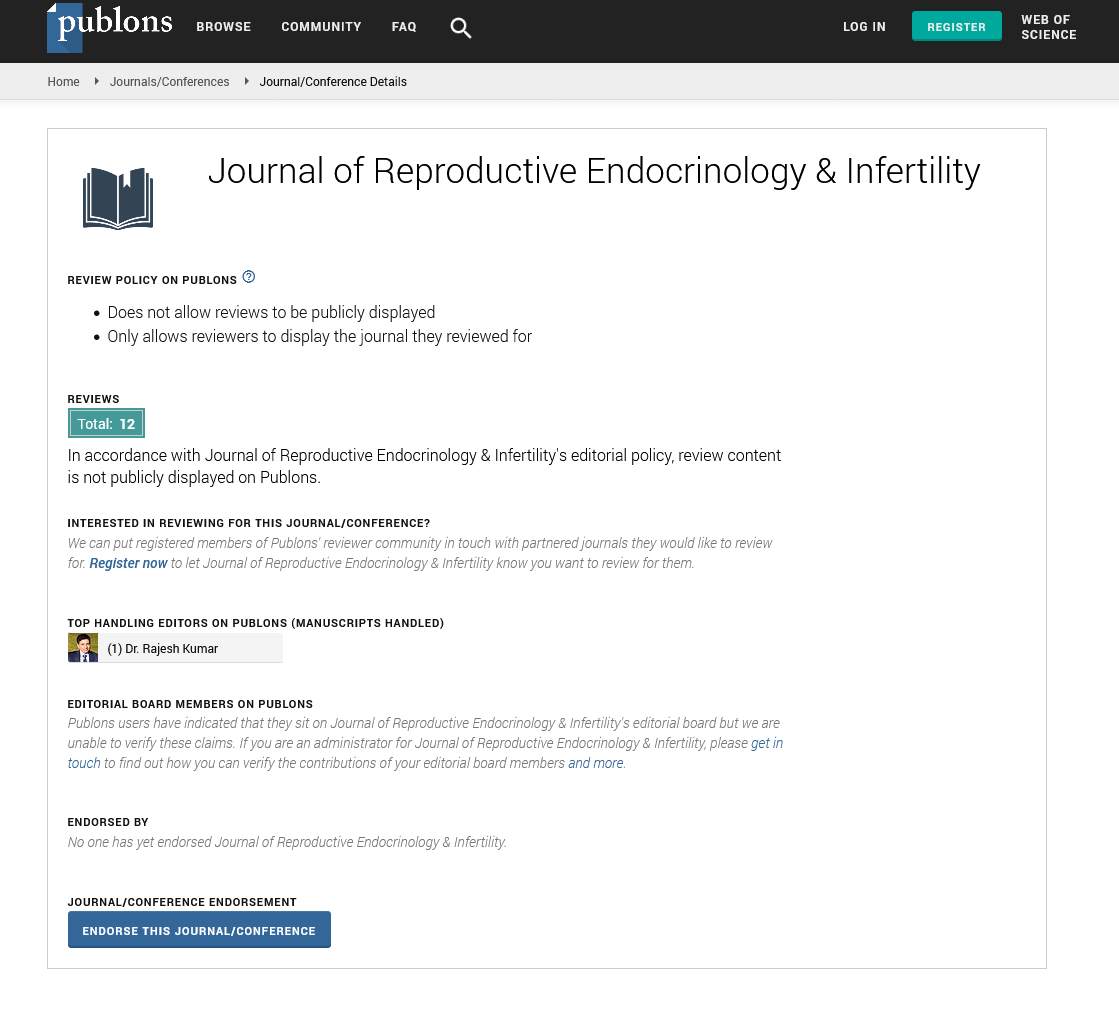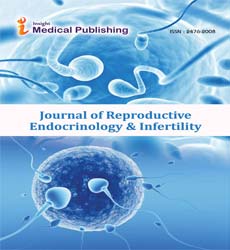Abstract
Thymoquinone Effect (an Active Metabolite of the Plant Nigella sativa) on Ischemia-Reperfusion Injury in Rat Ovary
Objectives: To determine the antioxidant effects of thymoquinone (one of the active components of the plant Nigella sativa) on ischemia-reperfusion injury in rat ovary. Study design: Twenty four rats were divided into four groups: control (n=6), ischemia (n=6), ischemia (n=6), ischemia-reperfusion+thymoquinone (n=6). Ovarian torsion was surgically reperfusion+saline induced by vascular clamps. The ovary was clamped for 3 hours and 30 minutes before reperfusion 10 mg/kg thymoquinone was injected intraperitoneally. Following three hours of reperfusion, right oophorectomy was done and the rats were sacrificed.Main outcome measures: Histological disturbances of the ovarian tissues were scored and tissue levels of catalase (CAT), malondealdehyde (MDA) and xanthine oxidase (XO) were measured.Results: In the thymoquinone treated group, tissue CAT levels were significantly higher (p=0.02) and MDA levels were significantly lower (p=0.042). XO levels were similar among the groups. Histological examinations of thymoquinone group revealed a better preserved ovarian tissue compared to the control, ischemic and the saline treated ischemia-reperfusion groups. Conclusion: Thymoquinone at dose of 10 mg has a potent antioxidant and tissue preserving effect against the ischemia-reperfusion injury in the rat ovary prone to torsion/detorsion.
Author(s):
Ozlem Gun Eryilmaz, Hatice Kansu-Celik, Esma Sarikaya, Sureyya Barun, Aslihan Avci, Sule Ozel and Candan Ozogul
Abstract | Full-Text | PDF
Share this

Google scholar citation report
Citations : 43
Journal of Reproductive Endocrinology & Infertility peer review process verified at publons
Abstracted/Indexed in
- Google Scholar
- Sherpa Romeo
- China National Knowledge Infrastructure (CNKI)
- Publons
- International Committee of Medical Journal Editors (ICMJE)
- Secret Search Engine Labs
Open Access Journals
- Aquaculture & Veterinary Science
- Chemistry & Chemical Sciences
- Clinical Sciences
- Engineering
- General Science
- Genetics & Molecular Biology
- Health Care & Nursing
- Immunology & Microbiology
- Materials Science
- Mathematics & Physics
- Medical Sciences
- Neurology & Psychiatry
- Oncology & Cancer Science
- Pharmaceutical Sciences


